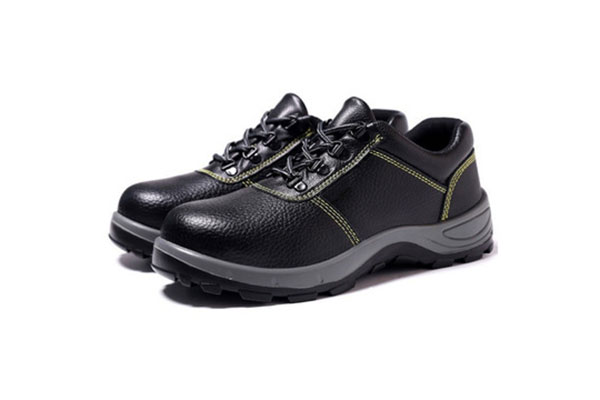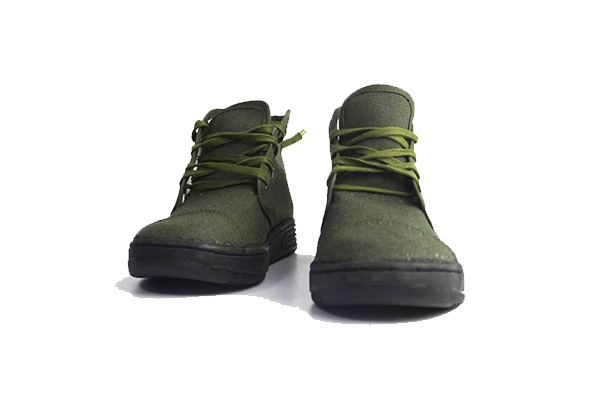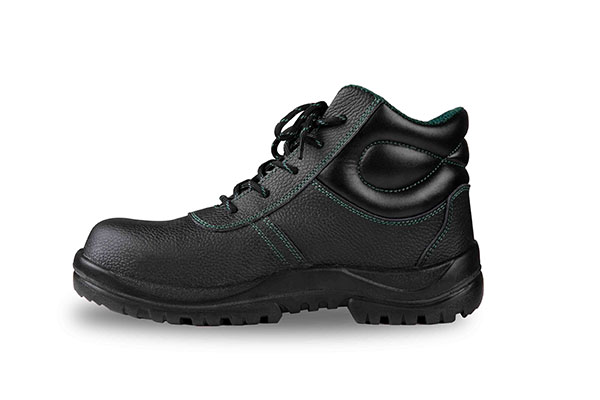What is the Use of Safety Shoes?
Safety shoes, also known as work boots or steel-toe boots, are essential personal protective equipment (PPE) designed to protect feet from workplace hazards. They are a critical component in industries such as construction, manufacturing, logistics, and healthcare, where employees face risks ranging from heavy objects to slippery surfaces. Let’s dive into the uses of safety shoes and why they are indispensable in promoting workplace safety.

1. Protection Against Foot Injuries
One of the primary uses of safety shoes is to shield the feet from injuries caused by falling objects, sharp tools, or heavy equipment. Steel-toe caps, reinforced midsoles, and sturdy materials provide a barrier against impacts and punctures, reducing the risk of serious injuries.
Industries Where This is Critical:
- Construction: Protects against falling bricks, tools, or heavy machinery.
- Manufacturing: Shields feet from sharp metal shavings or spilled molten materials.
2. Prevention of Slips and Falls
Workplaces with wet or oily floors pose a significant slipping hazard. Safety shoes equipped with slip-resistant soles provide excellent traction, minimizing the risk of falls. This is especially important in:
- Food and Beverage: Kitchens and production lines often deal with spills.
- Healthcare: Hospitals have polished floors that can become slippery.

3. Electrical Hazard Protection
Certain safety shoes are designed to protect workers from electrical hazards by preventing the build-up of static electricity or insulating the wearer from live electrical currents. These are particularly beneficial in:
- Electrical Work: Technicians and electricians working near live wires.
- Chemical Plants: Where static electricity could ignite flammable materials.
4. Support and Comfort for Long Work Hours
Long hours of standing or walking can lead to fatigue, back pain, and foot discomfort. Modern safety shoes are ergonomically designed with cushioned soles and arch support to provide comfort and reduce strain on the lower body. Industries benefiting from this include:
- Logistics: Workers spend long hours moving goods.
- Retail and Warehousing: Employees are often on their feet throughout the day.
5. Chemical Resistance
In industries where exposure to harmful chemicals is common, safety shoes made from specific materials can protect feet from burns, corrosion, or absorption of toxic substances. Examples include:
- Chemical Manufacturing
- Oil and Gas

6. Prevention of Frostbite and Heat-Related Injuries
Extreme weather conditions can harm the feet. Insulated safety shoes help workers maintain proper foot temperature in freezing environments, while heat-resistant options protect feet in high-temperature settings like foundries.
7. Compliance with Workplace Regulations
Employers are often legally required to provide safety shoes in compliance with workplace safety standards. Wearing them not only ensures individual safety but also contributes to a culture of accountability and compliance.
Partner with a Trusted Safety Shoe Supplier
As a professional safety shoes supplier, We are committed to providing high quality safety shoes. Our wide range of safety footwear is designed to meet the specific needs of various industries, ensuring maximum protection, comfort, and compliance with safety standards. Whether you’re outfitting a construction crew or equipping a manufacturing plant, we have the solutions you need to safeguard your workforce.
Conclusion
Safety shoes are not just a workplace requirement—they are a vital investment in employee health and safety. Whether you’re protecting against falling objects, preventing slips, or ensuring comfort during long shifts, safety shoes play a crucial role in minimizing risks and boosting productivity.

